INDIVIDUAL THERAPY

On This Page
- How Does Individual Therapy Work?
- How Long Does Individual Therapy Last?
- Effectiveness Of Individual Therapy
- What To Expect From Individual Therapy Sessions?
- Types Of Individual Therapy
- Benefits Of Individual Therapy
- Individual Therapy In Mental Health Treatment
- Individual Therapy and Substance Abuse Treatment
- Individual Psychotherapy At Psyclarity Health
Seeking treatment? Questions?
Get 24/7 confidential help now:
Or Receive A Call:
Last Medically Reviewed 15 November 2022
INDIVIDUAL
THERAPY
Individual therapy is a kind of psychotherapy or psychosocial treatment, sometimes also referred to as talk therapy or counseling. This therapy is a collaborative effort between a therapist and a patient with the primary goal of bringing about transformation or enhancing the quality of life.
People often seek therapy to improve their emotional well-being for assistance with issues that are difficult to address on their own. Through different techniques, therapists can help people develop compassion for themselves, manage difficult life circumstances, make better decisions, and achieve personal goals. Some individuals even continue going to therapy long after reaching their initial goal to keep growing as a person. The process of self-discovery is both enlightening and empowering for many people.
How Does
Individual Therapy Work?
Individual therapy sessions allow people to talk openly about issues or circumstances with a professional. It doesn’t necessarily eliminate difficulties but gives people the skills they need to face them more effectively.
There are many different types of treatment. Some forms of therapy work better than others for a variety of problems. When addressing a person’s requirements, therapists frequently utilize ideas from various schools of thought. Individual psychotherapy is often combined with other mental and behavioral health treatment types, such as family therapy or drug abuse counseling.
Cognitive behavioral therapy (CBT) is one of the most influential and effective forms of psychotherapy. This technique helps individuals examine the link between their thoughts, feelings, and behaviors. CBT’s foundation is that good thoughts generally lead to beneficial emotions and productive behavior and encourages patients to replace negative thought patterns with more constructive ones.
How Long Does
Individual Therapy Last?
Therapy sessions often last from 45 to 60 minutes. The frequency of sessions and how long they depend on many factors, including:
- Which mental illness is being treated, and its severity
- The length of time the patient has had the issue
- The intensity of effects on day-to-day life
- The level of distress the issue causes
- The rate of recovery
- Financial limitations
Short-term therapy for a few weeks can alleviate many specific issues. Chronic or more complex difficulties, on the other hand, might require long-term treatment. It can possibly take more than a year for significant progress to be achieved in certain situations.
Effectiveness of
Individual Therapy
Though therapy cannot always cure an individual, it can assist them in developing coping mechanisms. A patient’s dedication to the therapeutic process is essential for meeting goals and maintaining a positive relationship with their therapist. Selecting the right team of mental health professionals is also vital to treatment success.
According to several studies, psychotherapy may help prevent relapses of common problems, including depression and anxiety. Furthermore, it shows that the beneficial effects of solid therapy last beyond the end of treatment. Many patients claim relief from their illnesses long after therapy has ended.
Therapy is often more effective than relying on medication or medical treatments alone. These medicines may cause harmful side effects when used without other approaches. Many therapeutic approaches are backed by evidence too. This means they have gone through clinical observations and research studies to test how well they work.
It may be tough to find the perfect therapist, but finding a counselor you are comfortable with and following their recommendations will help you get the most out of therapy. Therapists tend to have more success when a client is open and honest. Some days going to therapy might be difficult. However, attending each session and completing any homework given is critical. It’s vital to be patient and adhere to the treatment plan if you want therapy to work long-term.
What to Expect from
Individual Therapy Sessions?
When meeting with potential therapists, essential topics to discuss should include the type of therapy used, how many sessions are needed, and what sort of goals you hope to achieve. After your first session with a therapist, you should know whether or not their style works for you.
The initial therapy session is generally spent gathering information about a patient and their condition. A therapist talks to the person in treatment about their past physical, mental, and emotional health history. They also talk about why the individual came to therapy and if there are any specific issues. A therapist might take a few sessions to thoroughly understand the situation. Only then can they address issues and choose the best course of action.
It can be difficult at first to open up about past experiences or current concerns with a therapist, but that is often the goal of treatment: to create an outlet and safe space for discussion. Sessions may stir up intense emotions, but this is normal. You may become upset, angry, or sad during treatment. But know that your therapist will help guide you through these tough times and build confidence along the way.
Therapy Session structure
The patient usually leads the conversation in therapy sessions while the therapist offers guidance as needed or requested. This procedure helps build patient confidence and keeps sessions focused on their requirements. Sessions may elicit various emotions, but therapists can assist clients in making sense of their feelings and using their knowledge of these sentiments to enhance their emotional resilience.
The average therapy session length is 45-60 minutes, although this may be shorter or longer, depending on the circumstances. These sessions take place in a therapist’s office. However, they are increasingly being done via video conferencing or smartphone apps. This can be necessary for people living in remote areas and more convenient for those near cities.
Types of
Individual Therapy
Over the past century, many different schools of individual psychotherapy have surfaced. Each has its own set of benefits and strengths. The more commonly used types are:
Cognitive Behavioral Therapy (CBT)
This therapeutic technique focuses on helping patients understand the relationship between their thoughts, emotions, behaviors, and actions. CBT encourages clients to improve how they feel by changing negative thinking patterns.
Dialectical Behavioral Therapy (DBT)
This type of cognitive behavioral therapy is designed to help people with borderline personality disorder. The aim of DBT is for the therapist and client to work together in a non-judgmental way to help the client understand and manage their emotions.
Talk Therapy Focused on Acceptance and Commitment
This therapy aims to help patients accept their feelings and behaviors instead of pushing them away or being in conflict with them. As they identify their personal value systems, they also commit to changing any behaviors that don’t align with those values.
Psychodynamic Therapy
Psychodynamic therapy, also known as insight-oriented therapy, this method assists clients in understanding how their past experiences influence those in their present. It is the oldest form of psychotherapy and aims to identify a client’s unconscious defense mechanisms. Though this therapy generally relies on free association, where the client talks about whatever comes to mind, it can be adapted into a more focused form to treat specific problems.
Benefits of
Individual Therapy
Many people don’t realize that individual therapy can help more than just talking about your feelings. In fact, it is an effective treatment for many types of mental, emotional, and behavioral health issues. It can also help people who are facing difficult life situations or would like to develop healthier, more functional personal habits. Here are seven benefits you may not have realized therapy could provide:
- Adding to your support network
- Gaining a better understanding of yourself
- Learning how to handle emotions
- Identifying underlying causes of symptoms
- Providing coping strategies
- Managing symptoms
- Facilitating lifestyle changes
Individual Therapy in
Mental Health Treatment
Talking about your emotions without fear of judgment is the cornerstone of individual therapy. This therapy can help develop internal strength and structure, which may have been lacking in the past.
Individual therapy is vital to addiction and mental health treatment since it helps people repair the damage caused by their struggles. Individual therapy allows a person to recognize common defensive mechanisms, track the development and implementation of harmful behavior patterns, identify the source of those patterns, and develop internal tools to find alternatives. These skills are quite valuable for treating addiction, mental health, and co-occurring disorders.
Individual Therapy
and Substance Abuse Treatment
Individual therapy aids individuals in discovering the source of their addiction. Individual therapy, according to research, can help a substance use disorder. Individual therapy sessions generally teach those recovering from drug or alcohol addiction how to manage their lives without using drugs or drinking. They include various behavioral therapies such as cognitive behavioral therapy (CBT), motivational interviewing, and contingency management.
The different behavioral therapies available use unique approaches to reach the goal. CBT, for example, focuses on teaching people how to identify things that make them want drugs or alcohol. From there, the therapist helps this individual learn how they can avoid these triggers and substitute better thoughts and emotions in their place.
Not only can therapy help with substance abuse disorder, but it can also aid in treating a wide range of co-occurring mental health issues, including depression and bipolar disorder.
Individual Psychotherapy
at Psyclarity Health
Whatever your condition may be, therapy can be a life-changing experience. Psyclarity Health center provides mental and behavioral health services for individuals that work to improve overall wellness. If you want to know more about how our programs can be of assistance, contact us today. We’re always available to help.
MAKE THE CALL
Don’t go through the process of recovery alone.
There are people who can help you with the struggle you’re facing. Get in touch with one today.
Call Now: 855-924-5350
GET THE CALL
Enter your phone number below to request a call from a treatment professional.







